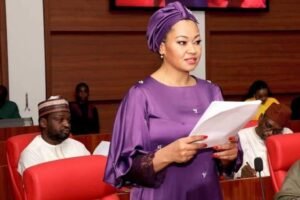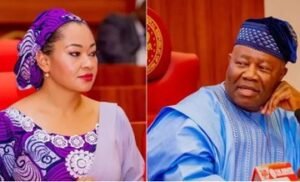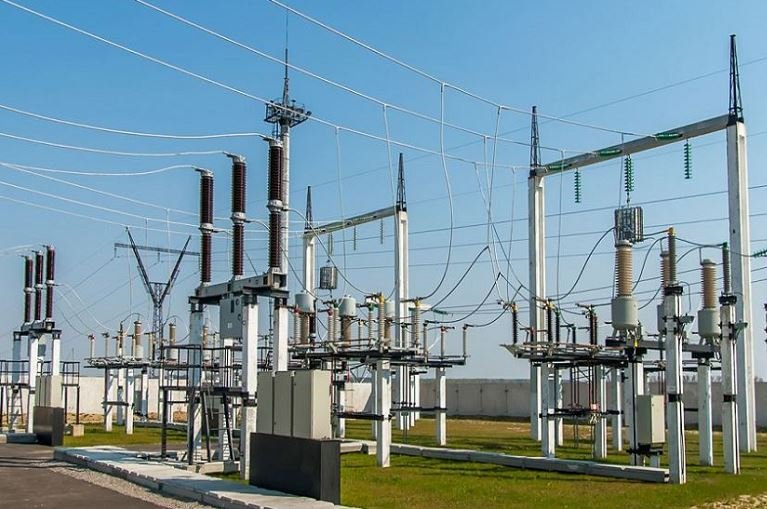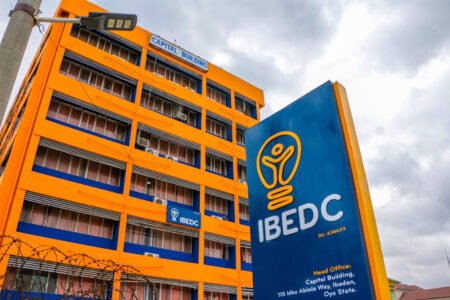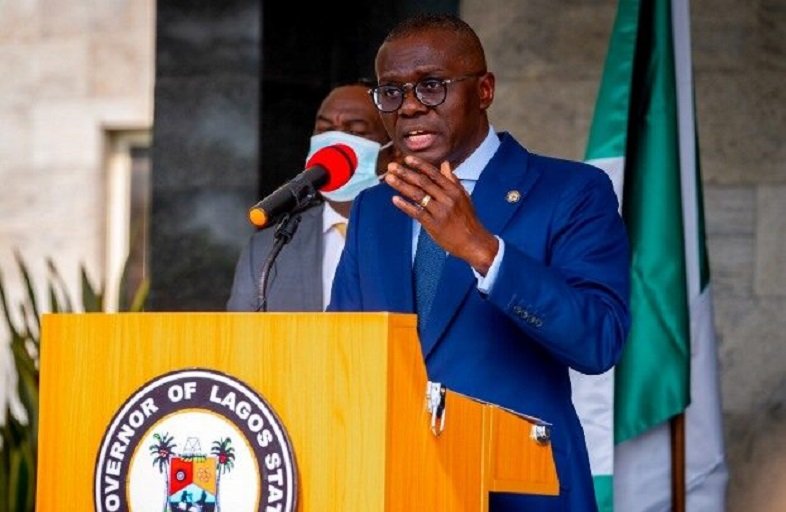President Bola Tinubu has signed into law the 2023 Electricity Act, which replaces the 2005 Electricity and Power Sector Reform Act.
The newly adopted law will end the monopoly of national power generation, transmission, and distribution in Nigeria.
This new law will provide states, businesses, and individuals with the authority to generate, transmit, and distribute electricity throughout the country.
In July 2022, lawmakers passed the Electricity Act 2023, which empowered states to grant licenses to private investors to establish mini-grids and power plants within their states.
However, the Act excluded interstate and transnational electricity delivery.
Under the Electricity Act 2023, the Nigerian Energy Regulatory Commission (NERC) would be able to control the Nigerian energy industry without prejudice to the states’ power to enact legislation, establish electricity markets, and regulate such markets.
The Act lays out how NERC can delegate regulatory jurisdiction to state regulators once they are established. NERC will continue to govern the energy sector in those states until their respective electricity market laws are passed.
NERC will, however, regulate in states where such regulations are not in place. NERC will continue to enforce cross-state laws that govern generation and transmission.
At the moment, Lagos, Edo, and Kaduna states have power market legislation in place and may begin to oversee their markets.
The Act also gives lawmakers the authority to conduct supervision and control over the NESI through the Senate and House Committees on Power. This should be done regardless of the permission of any government ministry over state-owned enterprises or other entities involved in the Nigerian energy sector.
The Electricity Act also requires distribution or supply licensees to meet renewable purchase obligations.
